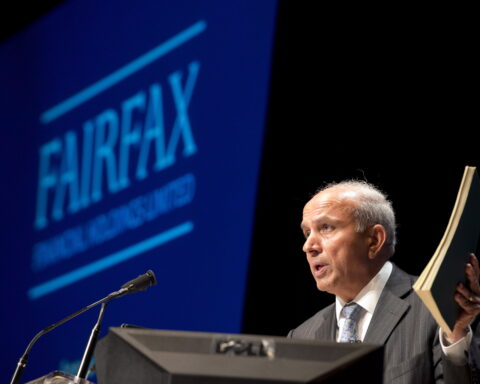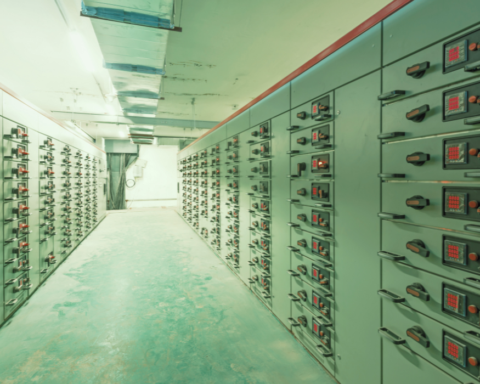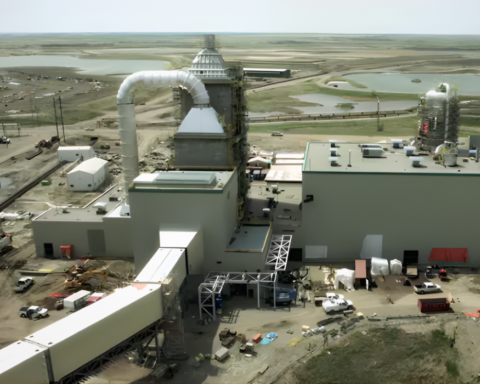Have you ever considered how remarkable it is that your grandparents used to save up to buy things? It conjures up a quaint image of a ceramic piggy bank rattling with coins and a dusty walk to the corner store. By contrast, today’s Canadians have embraced the phenomenon of perpetual debt, holding a staggering net household debt of $1.4 trillion and counting. Some economists say that spending makes the economy tick. While it may be a major economic driver, it is not necessarily sustainable when you consider our environment cannot continue to support the consumption that goes along with this spending.
Driven by consumption, household debt is the name given to any debt held by a household, including mortgages and consumer debt, which consists of tabs racked up on financial products like credit cards, lines of credit, and automobile loans. From shiny new cars to pool noodles and from bottled water to disposable diapers, Canadians are increasingly spending more relative to what they earn. Keynesian economic theory, dating back to post-WWII mentality and reality, tells us that spending is what pulls us out of recession and makes the economy grow. However, our politicians and society have perhaps gone a little too far in wholeheartedly embracing this magic idea of spending as stimulus. Our collective consumption of goods, derived as they are from finite natural resources, has turned into a frenzy of consumerism that is leaving us indebted both financially and environmentally.
It’s an equation that a kindergartener could grasp: as we consume more, we extract more from our limited natural resources to keep up with material production. There is consensus in the scientific literature that dangerous levels of pollution and over-extraction threaten our aquatic and terrestrial systems. This is amounting to a colossal debt owed to the natural world.
The concept of debt is based on the idea that what is borrowed will eventually be paid back to the lender. But what if we are not able to pay back what we have borrowed from our ecosystems to make all of these consumer products? According to the United Nations Convention on Biodiversity, human actions, including the resource over-exploitation and pollution required to make consumer products, are collectively causing a massive decline in species populations and biodiversity. Almost half of all amphibian and bird species are experiencing shrinking populations globally. Our indulgence, fed by ocean extraction and pollution, has seen the collapse of coastal fisheries and the rapid melting of sea-ice in Canadian waters. Maybe we can pay Mother Earth back with a gift certificate?
Canada needs to find some middle ground: increased production as a result of high spending corresponds to “spending” the Earth’s natural resources. First of all, we’re failing to account for the economic value of ecosystems and biodiversity both in Canada and globally. Gross Domestic Product (GDP), the supposed indicator of our nation’s prosperity, counts all money spent and deducts nothing for resources extracted or the value lost from their extraction. The Economics of Ecosystems and Biodiversity Study estimated in 2008 that if business continued as usual, just one more year of natural capital loss would lead to a loss of ecosystem services worth as much as US$ 4.5 trillion over a 50 year period, for those that need to quantify it in a monetary way.
Regardless, the loss of ecological value is staggering. Our spending problem sits on the other end of the scale and Canada’s monetary policy needs to play a role in curbing the addiction. We don’t need a dictatorial crackdown on spending, but an implementation of well-designed policies that avoid gimmicks like 35-year mortgages and “teaser” interest rates that encourage people to spend mindlessly on things they don’t need. Good policy should serve the purpose of not only lowering risky household debt levels, but also reducing stress on the extraction of natural resources. Societal norms around debt could use a kick in the pants as well. I recently overheard someone bragging about their accumulated debt like some kind of decorated debt veteran. Promoting more conservative policies doesn’t mean staying at home and duct-taping your shoes back together. But collectively speaking, we do need to manage the consumer-crazed culture that not only creates unsustainable household debt levels, but also continues to deplete our funds from the bank of ecological capital.







